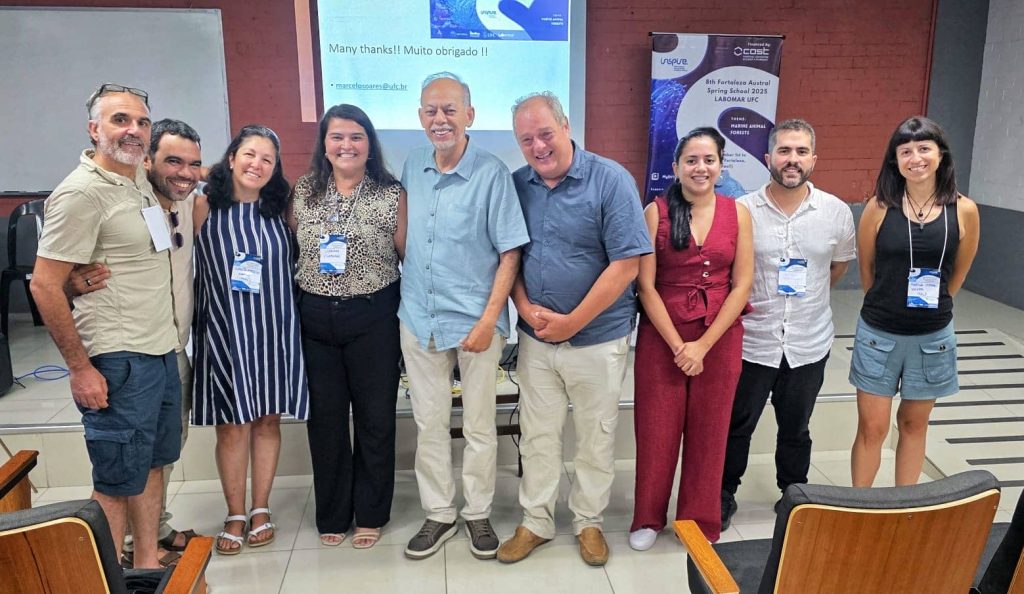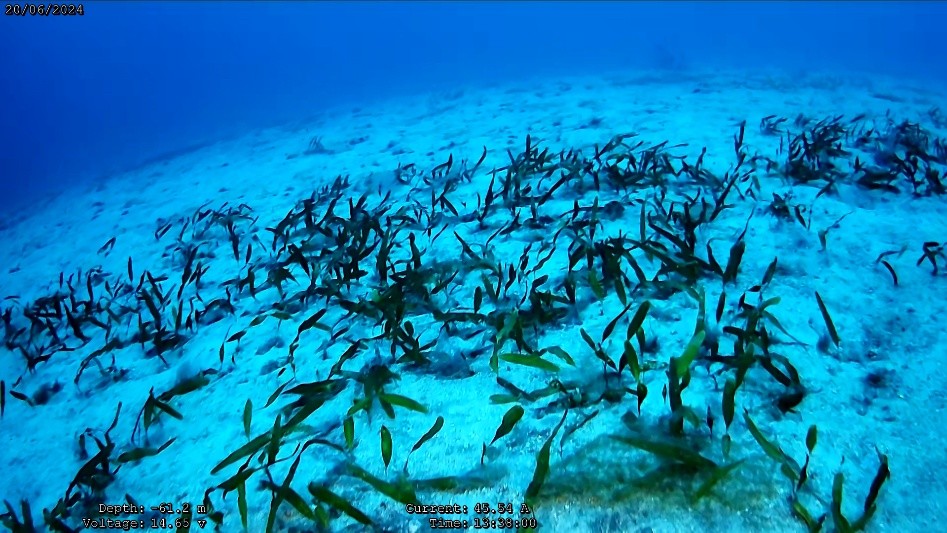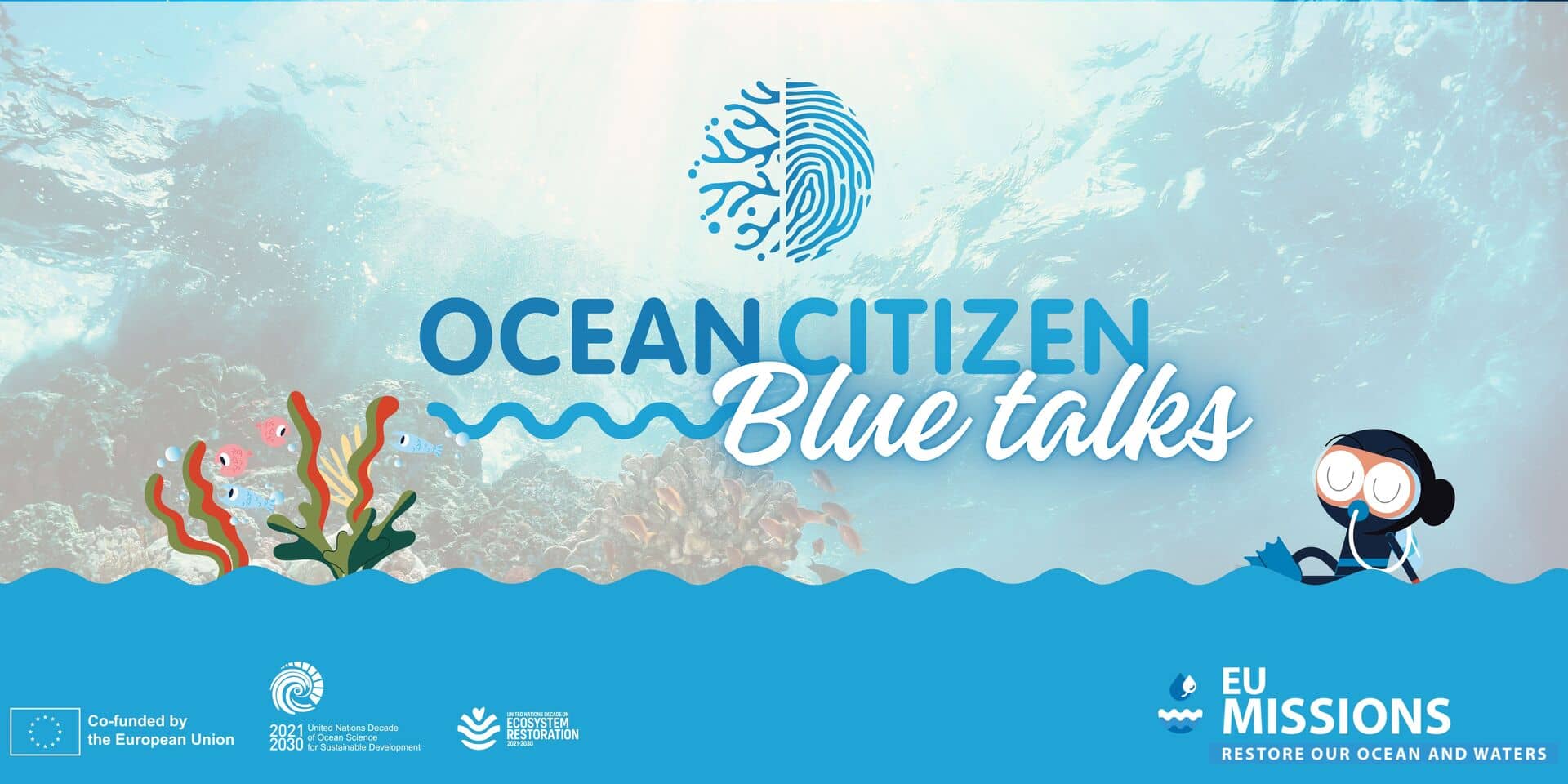What does it really mean to understand our oceans? For OCEAN CITIZEN, Ocean Literacy goes beyond education: it is a driver that connects science, society, and international collaboration, turning knowledge into action. With this vision, earlier this September, several partners of the project participated in the 8th Austral Spring School, held in Fortaleza, Brazil, from 1–5 September.
Organised by the Institute of Marine Sciences (LABOMAR, Federal University of Ceará) and funded by the MAF World COST Action, the Spring School gathered researchers, students, and practitioners from across the global South and North. Over five days, participants exchanged knowledge, developed skills, and explored the ecological, biogeochemical, and conservation significance of Marine Animal Forests (MAFs), with a particular emphasis on restoration. The programme also featured discussions on the use of artificial intelligence in taxonomy, which sparked a lively and thought-provoking debate among participants.
Several members of OCEAN CITIZEN played an active role in the programme. Sergio Rossi, Professor at LABOMAR and Coordinator of OCEAN CITIZEN, emphasised the importance of connecting science, society, and policy to advance marine regeneration. Lorenzo Bramanti, from LECOB-CNRS, discussed the ecological functioning of Marine Animal Forests, drawing parallels with terrestrial ecosystems. Meanwhile, Juanita Zorrilla, biologist at SUBMON, engaged participants in the principles of Ocean Literacy, demonstrating how these can be integrated into restoration practices and how effective science communication can inspire behavioural change.
A particularly inspiring moment was the visit of Inácio Arruda, Brazil’s Secretary of Science and Technology for Social Development (SEDE) of Brazil, who underscored the importance of Ocean Literacy in formal education as a tool to advance the Sustainable Development Goals.

Inácio Arruda, Brazil’s Secretary of Science and Technology for Social Development (SEDE), together with trainers of the Spring School.
As Juanita recalled: “Science is essential to deepen our understanding of the ocean, but it cannot remain within academic circles. Science must be understood by everyone if we truly want to address climate change and biodiversity loss. Ocean Literacy is not only about knowledge, it is also about action, and that includes the decisions we take as citizens.”
The Austral Spring School once again highlighted the value of international exchange, building bridges of knowledge that cross oceans, connect people, and open new pathways for marine conservation and collaborative research. As Sergio Rossi concluded, “this unique encounter underscores the urgent need for collective action in marine conservation, while strengthening academic and institutional ties.” For OCEAN CITIZEN, it was also an opportunity to reaffirm its mission of promoting marine regeneration through science cooperation, between Europe and other regions that together host many of the world’s biodiversity hotspots.




